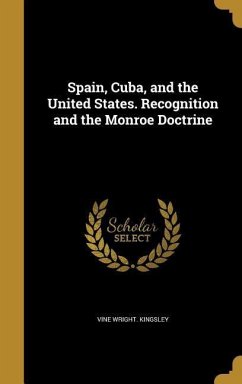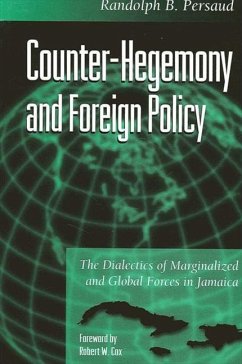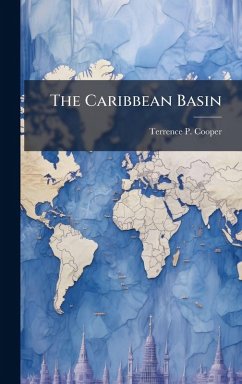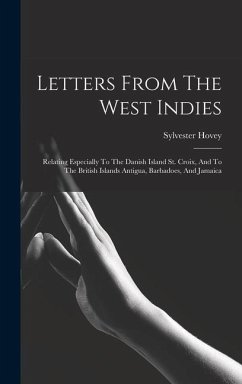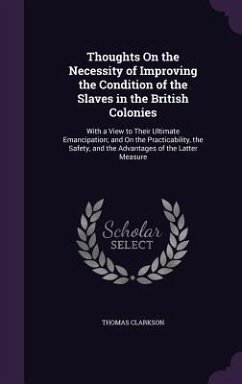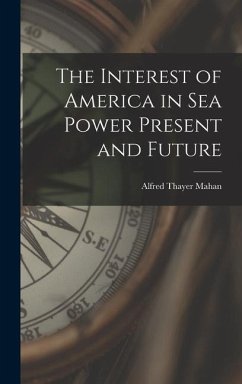Nicht lieferbar
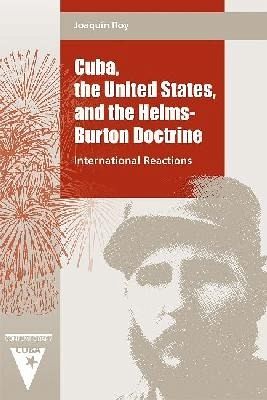
Cuba, the United States, and the Helms-Burton Doctrine
International Reactions
Versandkostenfrei!
Nicht lieferbar
Offering the first full-length analysis of the Helms-Burton law, Joaquin Roy presents an incisive critical review of the background, evolution, and international consequences of this controversial legislation, enacted in 1996. He argues that the law, the dominant pillar supporting American policy in Cuba, is a codification of four decades of a U.S. embargo aimed at discouraging foreign investment and hastening the collapse of the Castro regime. Interpreted in some quarters as a continuation of the Monroe Doctrine, the law has become the center of controversy and criticism emanating not only fr...
Offering the first full-length analysis of the Helms-Burton law, Joaquin Roy presents an incisive critical review of the background, evolution, and international consequences of this controversial legislation, enacted in 1996. He argues that the law, the dominant pillar supporting American policy in Cuba, is a codification of four decades of a U.S. embargo aimed at discouraging foreign investment and hastening the collapse of the Castro regime. Interpreted in some quarters as a continuation of the Monroe Doctrine, the law has become the center of controversy and criticism emanating not only from the Cuban government but from much of the rest of the world on the grounds that it is a violation of international law. Roy opens with events that have had a critical impact on the overall state of U.S.-Cuban relations, among them the tragic downing of two planes carrying Cuban exiles a few miles from Havana in February 1996, an act that seemed to shatter the possibility of any kind of rapprochement. President Clinton signed Helms-Burton into law less than three weeks later. Roy summarizes the reactions of the international community, where some observers have labeled the law "blackmail", "armed robbery", "diplomatic ambush", and worse. The book ends with commentary on recent developments, including the 1999 visit of Pope John Paul II to Cuba and the worsening of repressive political measures there. Roy examines each provision in the law in illuminating detail. Instead of causing the collapse of the Cuban government, he maintains, the law has encountered worldwide opposition and has provided Castro with a political excuse to justify his regime's economic shortcomings.




